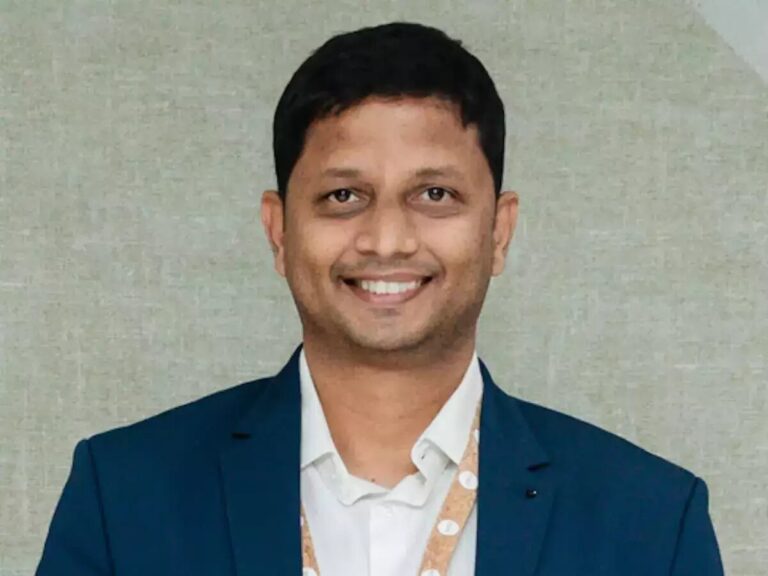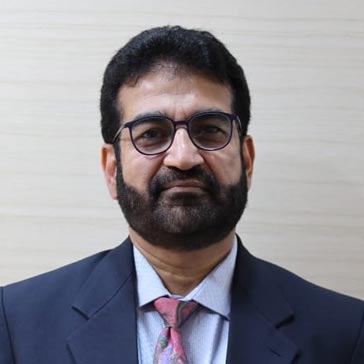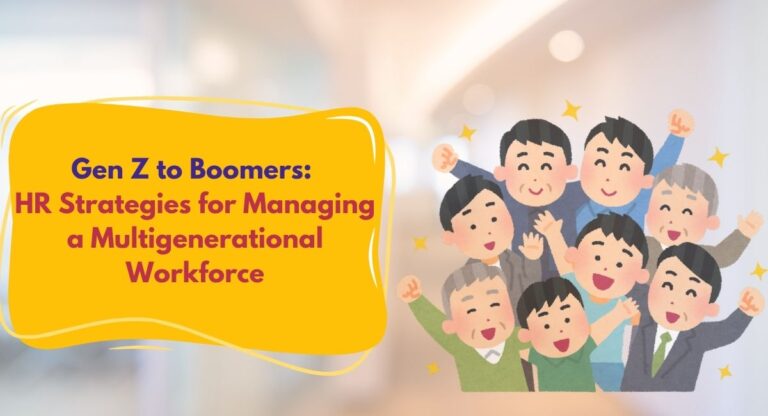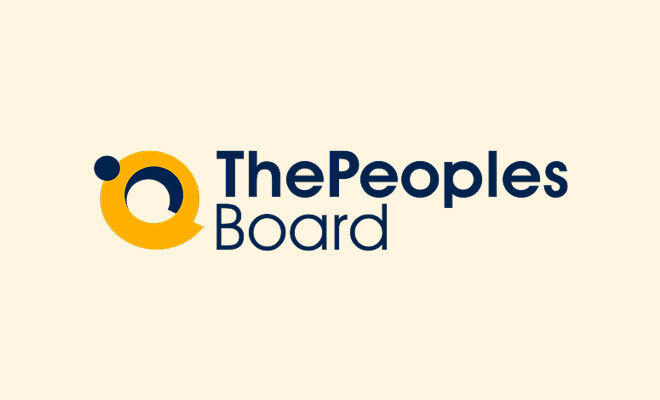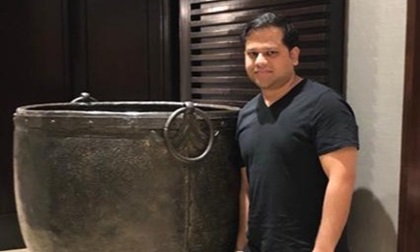Interviews are a critical part of any hiring process. However, it also comes with its own set of challenges that can often overwhelm the candidates. After all, no one wants to create a bad impression on their future employers.
Since HR plays a critical role in talent management, recruitment, employee engagement, and compliance, interviewers often assess candidates across a wide spectrum of skills. This means that the candidates need to be on their A-game and be ready to prove their suitability.
To make sure that you are prepared for your next HR interview, here’s a comprehensive guide tailored to help you ace your HR job interview!
Understand the Role and Its Responsibilities
Before diving into preparation, ensure you thoroughly understand the job description. HR roles vary, such as recruitment, payroll management, employee engagement, or compliance.
Tips:
- Research the company’s HR structure and recent initiatives.
- Make a list of the specific responsibilities mentioned in the job description and relate them to your skills.
Brush Up on Core HR Concepts
HR job interviews often focus on assessing your knowledge of fundamental concepts. Prepare to answer questions about:
- Recruitment processes: Sourcing, screening, interviewing, and onboarding.
- Employee relations: Handling grievances, performance appraisals, and conflict resolution.
- Compliance and labor laws: Knowledge of Indian labor laws is particularly important for HR roles in India. You will need a basic understanding of labor laws like the Factories Act, the Payment of Wages Act, and the Maternity Benefit Act.
- Payroll and benefits administration: Understanding payroll processing, taxation, and employee benefits.
Tips:
- Revise basic HR theories such as Maslow’s Hierarchy of Needs or Herzberg’s Two-Factor Theory.
- Stay updated with recent amendments in Indian labor laws.
- Familiarize yourself with HR tools like Zoho Recruit, Darwinbox, or SAP SuccessFactors, which are widely used in India.
Prepare for Behavioral Questions
HR roles often require interpersonal skills, conflict management, and ethical judgment. Behavioral questions often help interviewers gauge your ability to handle real-life scenarios.
Common Behavioral Questions:
- “Can you describe a time when you resolved a conflict at work?”
- “How would you handle a situation where an employee is consistently underperforming?”
- “Tell me about a time when you had to prioritize multiple tasks. How did you manage?”
Tips:
- Use the STAR technique (Situation, Task, Action, Result) to structure your answers.
- Highlight your interpersonal skills, problem-solving abilities, and professionalism.
- Share examples relevant to the Indian workplace context, such as managing large teams or adhering to cultural sensitivities.
Master the Art of Answering Situational Questions
Situational questions test your critical thinking and decision-making skills. These questions are open-ended, requiring you to demonstrate how you would approach hypothetical challenges.
Examples:
- “If an employee files a harassment complaint, what steps would you take to handle it?”
- “How would you improve employee engagement in a company with high turnover?”
Tips:
- Be familiar with Indian workplace norms and legal requirements. For instance, know the steps to handle sexual harassment complaints under the POSH Act.
- Show empathy and ethical judgment in your responses.
Research the Company Thoroughly
Indian employers value candidates who demonstrate interest and commitment to their organization. Research the company’s:
- Vision, mission, and values.
- Recent news or achievements.
- Current HR practices or policies, if available.
Tips:
- Mention company-specific initiatives during the interview, such as their employee welfare programs or diversity policies.
- Tailor your answers to show how your skills align with their organizational goals.
Highlight Your Soft Skills
Soft skills are crucial for HR professionals. As such, interviewers often assess traits like communication, empathy, teamwork, and adaptability.
Tips:
- Practice clear and concise communication while answering questions.
- Share examples of teamwork or conflict resolution from your previous experiences.
- Emphasize your ability to adapt to the rapidly changing HR landscape in India, such as transitioning to hybrid work models.
Be Ready for Technical Questions
Even entry-level HR roles may include technical questions to evaluate your knowledge of tools and processes.
Possible Questions:
- “What tools have you used for recruitment or payroll management?”
- “How do you calculate PF and ESI deductions?”
- “Explain the onboarding process for new employees.”
Tips:
- Gain a basic understanding of HR software popular in India.
- Brush up on payroll components, including PF, ESI, gratuity, and tax deductions.
Prepare Questions for the Interviewer
Asking insightful questions shows your interest in the role. It also highlights your ability to take initiative and showcases your drive to learn and grow.
Examples:
- “What are the key HR challenges the company is currently facing?”
- “How does the HR team contribute to the company’s long-term goals?”
- “Are there opportunities for professional development within the HR department?”
Practice Mock Interviews
Mock interviews can help you refine your answers and boost your confidence. You can seek feedback from a mentor, friend, or career coach to make your responses more effective.
Resources:
- Many online platforms in India, such as Naukri.com or LinkedIn Learning, offer interview preparation services.
- Join HR-specific forums or groups to connect with professionals who can guide you.
Stay Calm and Confident
Remember that interviews are two-way conversations. While it’s important to impress the interviewer, assess if the company aligns with your career goals and values. Maintaining a calm composure also allows you to communicate effectively and think about your responses thoroughly without succumbing to nerves.
Tips:
- Practice deep breathing before the interview.
- Remind yourself of your strengths and achievements.
- Smile and be yourself.
Conclusion
Preparing for an HR job interview in India requires a mix of technical knowledge, soft skills, and cultural awareness. By understanding the role, researching the company, and practicing common questions, you can present yourself as a well-rounded candidate.
Remember, HR is all about people, so let your passion for creating positive workplace experiences shine through. Take the opportunity to create a meaningful bond to make sure that your overall gain from the process is a positive one.
